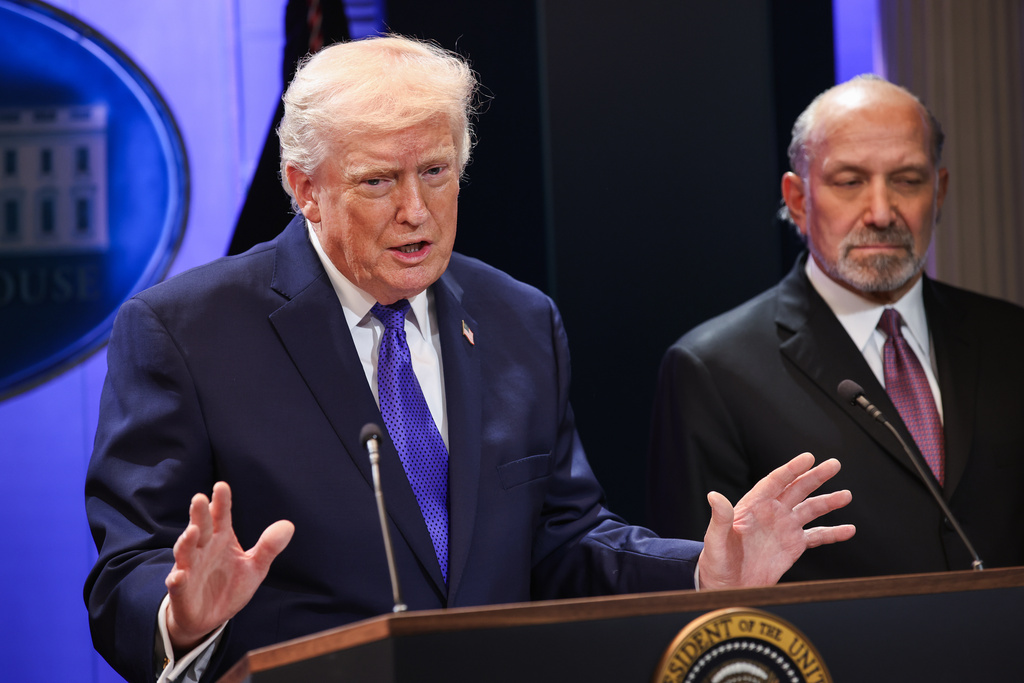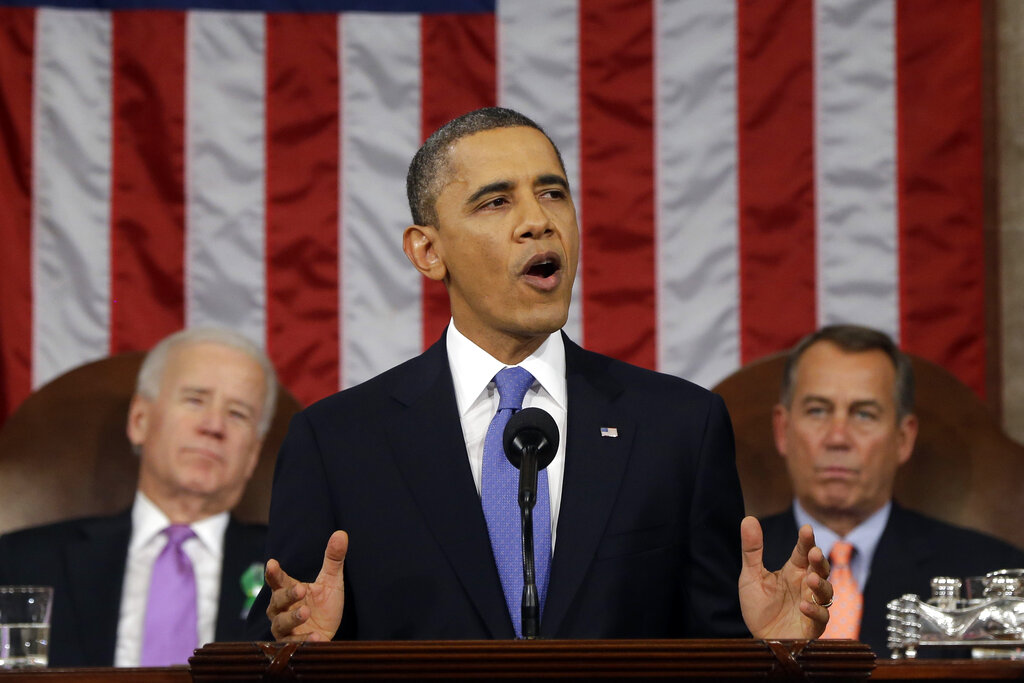Fixing our broken budgeting process is something both sides have promised, but neither have delivered on.
When Mike Johnson became Speaker last Congress, he said he was committed to restoring regular order and getting this institution back on track. Regular order is a term that essentially describes how Congress is supposed to work, with relevant committees engaging in thoughtful deliberation, advancing legislation to the full Congress where it can be debated and amended.
Congress of course works nothing like that today, which is why every modern Speaker has made the same pledge Johnson did.

But the record is clear: none of them delivered.
The last time Congress completed all 12 annual appropriations bills before the start of the fiscal year was 1996. Since then, it has relied on stopgap measures, passing over 130 continuing resolutions in the past three decades.
In that same period, the national debt has grown from $5 trillion to over $37 trillion.
This year is no different. With just weeks until the government runs out of funding, Congress has yet to pass a single appropriations bill into law and the House just left town for its lengthy August recess. Leaders in both parties are already floating another continuing resolution to buy more time and a shutdown once again is a real possibility.
Restoring regular order as outlined in the 1974 budget law may not be a silver bullet to getting the debt under control. But these are the terms leaders have set for themselves. They promised a better process. They have not delivered.
The American people are still waiting.
Related
Sam Zickar
Sam Zickar is Senior Writer at No Labels. He earned a degree in Modern History and International Relations from the University of St Andrews and previously worked in various writing and communications roles in Congress. He lives in the Washington, D.C. area and enjoys exercise and spending time in nature.





You must be logged in to post a comment.